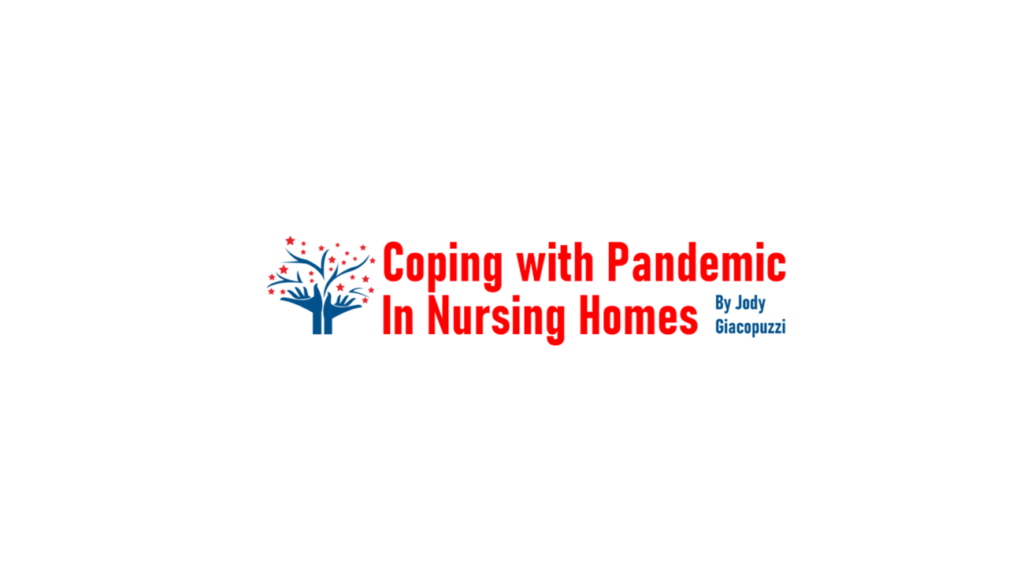
Tips for Healthcare Staff- Honoring Patients through Deeper Conversations
Five weeks of shelter-in-place orders for COVID-19 are taking their toll. The isolation from family and friends, coupled with the lack of socialization with others, puts our patients at risk for depression and anxiety. Loneliness also increases the risk of an earlier death by 26 percent. The thought of dying alone without the comfort of loved ones nearby is one of our biggest fears. Nursing homes are at the front line of this pandemic. Maintaining emotional health for staff and patients has never been so critical.
As a psychosocial consultant to nursing homes my gift to you (and to anyone else you think might benefit) is this free weekly newsletter. Each issue of Coping with Pandemic in Nursing Homes will combine the latest research-based information I find on maintaining emotional health with my 35 years of experience in this industry. My plan is to translate the research into practical solutions for the challenges facing you, your staff, and co-workers. I’ll also be including handouts to share with patients and their families.
In this second issue, I want to share how social service, CNAs, nursing, and activities staff can build emotional resiliency by honoring patients through meaningful conversations. Through these conversation we can create real and meaningful connections with our patients, a powerful tool that helps patients combat depression and anxiety. These conversations benefit our patients and our staff.
Most of our older patients have lived through and endured previous hardships such as war, the Great Depression, separation from family, death of siblings due to polio, typhoid, and other infections. It can be expected that many of our patients have developed a fearlessness that has grown from these misfortunes.
The questions below can be used to create a meaningful connection. Asking these questions will create an environment where patients can draw on past accomplishments, reminisce on happier times, and identify their strengths and accomplishments; including their unique ability to survive life’s greatest challenges.
While it’s ideal to sit down and give undivided attention to the patient, these questions can also be asked while providing hands-on care or administrating medications. Just the act of asking these questions and “being” with the patient is therapeutic and can ease fear and loneliness. And a reminder: it’s OK to cry with your patients.
QUESTIONS THAT ELICIT DEEPER CONVERSATIONS
- What life experiences have prepared you for coping with this pandemic and related social distancing?
- What is a treasured memory you have?
- What is the greatest accomplishment of your life?
- Please complete: I wish I had . . .
- Please complete: I wish I had someone with whom I could share . .
- For what in your life are you most grateful?
- What would you like to talk about?
COMMUNICATION TIPS - Minimize visual and auditory distractions.
- Sit face to face with the patient.
- Don’t underestimate the power of eye contact.
- Listen without interrupting the patient.
- Speak slowly, clearly, and audibly.
- Use short, simple words and sentences.
- Stick to one topic at a time.
- Seat the patient in a quiet, comfortable area.
Psychosocial needs are not going to go away. They are going to continue to fester through all stages of this pandemic.This is a good time to be proactive in using the free or inexpensive tools that are available to your staff. If you try these tools, but feel like you need more help, consult a psychosocial professional. Hold onto these two thoughts: “You are not in this alone,” and “This will eventually pass.”



